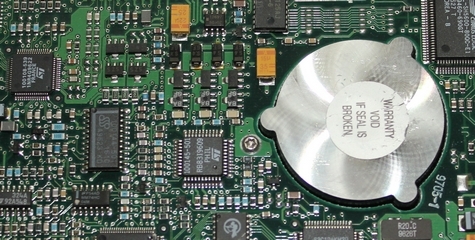WI-WE Progress
| Progress: 71.32% WWI-WE Version: 2 | |
| 0 | mandatory questions pending |
| 26 | questions total |
| 18 | questions answered |
| 18 | questions completed |
| 8 | questions pending |
Mapping Wild Cards
Inspired by: FP7 » The war between natural and artificial ecosystems

Originally submitted by: Martin Fatun
List of all contributors by versions (mouse over)
Last changed by: Martin Fatun
WI-WE status:
.png)
